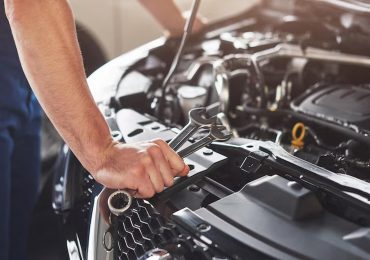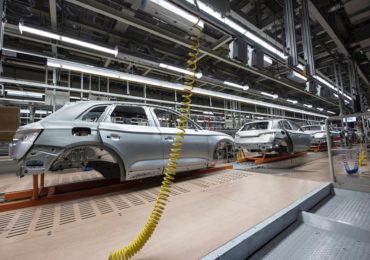Finances are a big deal for many motorists these days. The cost of refuelling at the pumps continues to rise, with no end to this trend in sight. Also, many people are paying more for insurance. This means it is important for consumers to save money wherever they can.
For example, if they plan to scrap cars for cash, it is crucial that they choose a suitable service provider that is capable of offering competitive rates for old vehicles. By shopping around online, they should succeed in finding the perfect scrap car specialists.
Any money they make from their scrap cars can be put towards purchasing new versions.
Meanwhile, haggling with car sellers may also save people all-important cash. Issuing advice to purchasers in a recent Daily Telegraph article, James Foxall noted that while haggling may not come naturally to most Brits, more people are getting into the habit.
According to the journalist, in 2012, car buyers talked an average of £939 off the price of their vehicles.
He stated: “When a car dealer puts a price sticker on the windscreen they are setting the anchor. Our job as the buyer is to adjust away from it. The anchor will be set as high as possible because the result of extensive research has shown that somewhere in our subconscious we remain heavily influenced by previous estimates of value. Our mind anchors us to that initial price.”
It is wrong to assume, he continued, that when salespeople accept lower prices, these new figures represent good value.
On this topic, cognitive scientist Art Markman stated: “Unless you know the real value of the object, you’re unlikely to adjust enough.” He added: “To haggle effectively we have to overcome our natural tendency to be co-operative in conversation.”
According to Mr Foxall, the first lesson when it comes to haggling is to know motors’ true values. There are a variety of free online tools that consumers can use to discover this, the writer noted.
He went on to highlight the importance of being informed. On this topic, he stated: “Before you visit a dealership you need to be armed with as much information as possible to back up your assertion that the model you’re interested in is overpriced.”
Mr Foxall also recommended taking a thorough test drive of cars followed by an even more thorough examination of both the car and its paperwork. This may “throw up some more bargaining chips”, he suggested. On this topic, he said: “Damage and potential repairs have an attributable cost that can come off the asking price. Missing documents make the car’s history less certain, providing another bargaining point.”
Another tactic concerns cars’ road tax and MOT. If these are about to come up for renewal, they represent another negotiating tool. Meanwhile, if owners will not come down on the price sufficiently, buyers can suggest they put the vehicles through MOT tests themselves before they sell them.
By following tips like these, people stand to save themselves potentially large sums of money.





